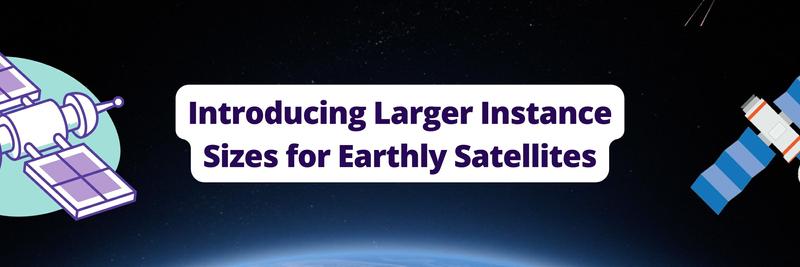Earthly March 2024 Newsletter
|
Happy March Earthlings! I'm Adam, and welcome to the latest Earthly newsletter, where I share the most popular articles and tutorials from the Earthly blog in the last 30 or so days. Top Blog Content
From Go to Rust: The Two Types of Readable CodeEver looked at some code and thought, “Wow, that’s an ugly mess!”? Or maybe you picked up a new programming language and felt right at home? It’s funny how our gut feelings about code often come down to what we’re used to.
Optimizing Rust Build Speed with sccacheThis tutorial explains how to use sccache, a tool that can speed up Rust compilation and how Earthly can even improve on that.
Building a Monorepo with Yarn and ViteThis article explains how to build a monorepo using Yarn workspaces and Vite, allowing for easy collaboration and dependency management in JavaScript.
Building a Monorepo with GradleThis tutorial explains how to build a monorepo using Gradle. It covers creating subprojects and managing dependencies.
Making Your Docker Builds Faster with cargo-chefDocker is an open source platform that allows you to package applications and all their dependencies in isolated containers. Cargo-chef is a tool for building Rust images faster. But can we improve on even that?
How to Use Linux Namespaces and cgroups to Control Docker PerformanceLinux namespaces and cgroups are powerful tools that can be used to control Docker performance by providing fine-grained resource allocation. Product NewsReminder: Earthly is an open-source tool that simplifies software builds, ensuring consistency across environments. Earthly Satellites are remote build runners that are compatible with any CI and make builds faster. Sign up for Earthly Cloud to receive 6,000 build minutes per month on Satellites for free.
Introducing Self-Hosted Earthly SatellitesAnnouncing Self-Hosted Earthly Satellites. Remote build runners that bring the power of Earthly’s consistent, fast builds to your own infrastructure.
Introducing Larger Instance Sizes for Earthly SatellitesIntroducing larger instance sizes for Earthly Satellites. These new sizes are designed to give users more compute power, more RAM, and more cache storage That's it. See you in April, Adam |
Join Our Content Newsletter
Get a monthly round-up of developer tutorials and software development happenings delivered to your inbox once a month.
Happy June Earthlings! I'm Gavin, and welcome to the latest Earthly newsletter, where we share the most popular articles and tutorials from the Earthly blog in the last 30 or so days. Top Blog Content How to Create and Remove a Virtual Environment with conda Learn how to manage Python virtual environments with conda. This post guides you through installation, setting up your project, and efficiently managing package dependencies. How to Create a Python Virtual Environment with Miniconda Learn...
Happy May Earthlings! I'm Gavin, and welcome to the latest Earthly newsletter, where we share the most popular articles and tutorials from the Earthly blog in the last 30 or so days. Top Blog Content go delve - The Golang Debugger The blog post covers the essentials of Delve, a Go debugger tailored for the language's concurrency and runtime, including setting breakpoints, inspecting variables, and integrating with major IDEs for efficient debugging. Python Web Scraping with Beautiful Soup and...
Happy April Earthlings! I'm Gavin, and welcome to the latest Earthly newsletter, where we share the most popular articles and tutorials from the Earthly blog in the last 30 or so days. Top Blog Content The Montréal Effect: Why Programming Languages Need a Style Czar The blog post discusses the challenges of maintaining consistent coding styles across large programming projects. It argues for a 'Style Czar' to establish and evolve style guidelines, preventing the fragmentation of coding...







